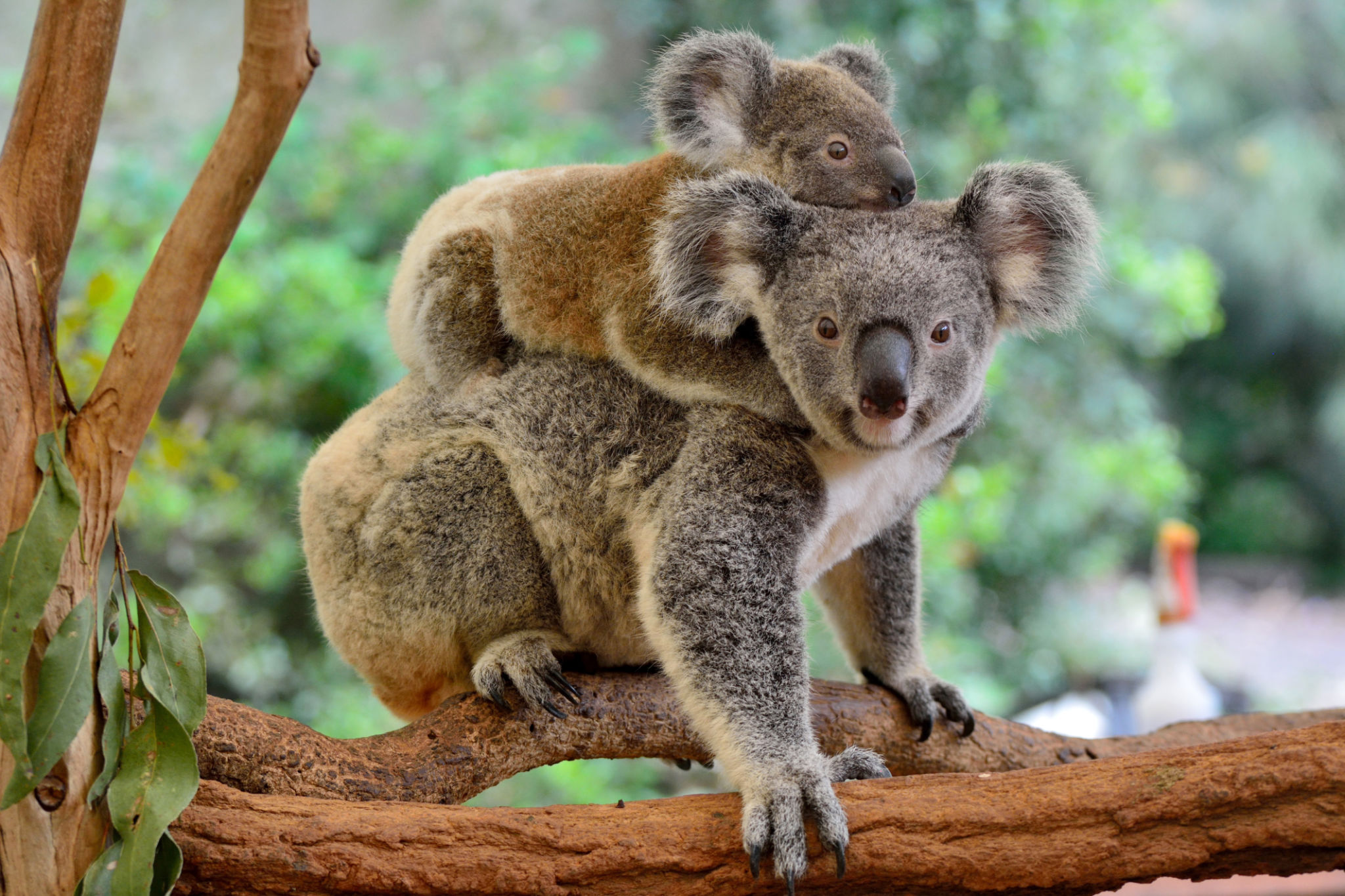Common Misconceptions About Quarantine and Biosecurity in Australia
Understanding Quarantine and Biosecurity
Quarantine and biosecurity measures are essential components of protecting Australia's unique ecosystem and agricultural industries. However, there are numerous misconceptions surrounding these practices that can lead to misunderstandings and non-compliance. It is important to clear up these misconceptions to ensure that everyone understands their role in maintaining Australia's biosecurity.

Misconception 1: Quarantine is Only About Animals
One common misconception is that quarantine only pertains to animals. While animal quarantine is a significant aspect, it also involves plants, plant products, and other items that could harbor pests or diseases. Quarantine is a comprehensive process aimed at safeguarding all sectors, including agriculture, horticulture, and the natural environment.
For example, when entering Australia, travelers must declare all food, plant material, and animal products. This is because these items may carry pests or diseases that could threaten Australia's biosecurity.
Misconception 2: Biosecurity Measures are Only for Farmers
Another misconception is that biosecurity measures are only relevant to farmers and agricultural workers. In reality, biosecurity is everyone's responsibility. Whether you are a traveler, an importer, or simply a resident, your actions can impact biosecurity. Simple actions like cleaning footwear before hiking or ensuring your pet's vaccinations are up-to-date play crucial roles.

Misconception 3: Quarantine Laws are Overly Strict
Some people believe that Australia's quarantine laws are too strict and unnecessary. However, these regulations are in place for a reason. Australia's unique flora and fauna make it particularly vulnerable to invasive species and diseases. Stringent quarantine laws help protect the environment and economy by preventing the introduction of harmful organisms.
For instance, the introduction of pests like the European rabbit and cane toad has had devastating effects on native wildlife and habitats. Strict quarantine measures help avoid similar occurrences.
Misconception 4: Biosecurity is Expensive
There is a perception that implementing biosecurity measures is costly. While there may be costs associated with certain biosecurity practices, the potential cost of not implementing these measures is far higher. The economic impact of an invasive species outbreak can be catastrophic, affecting agriculture, tourism, and local ecosystems.

Investing in biosecurity now prevents larger expenses in the future. It ensures that industries reliant on natural resources continue to thrive without interruption.
The Importance of Public Awareness
Raising public awareness about the importance of quarantine and biosecurity is crucial. Education and clear communication can help dispel myths and encourage compliance with regulations. Public campaigns and educational programs play a vital role in keeping everyone informed and engaged in protecting Australia's biodiversity.
Ultimately, understanding the truth behind common misconceptions can help foster a culture of responsibility and vigilance, ensuring that Australia remains free from invasive threats.